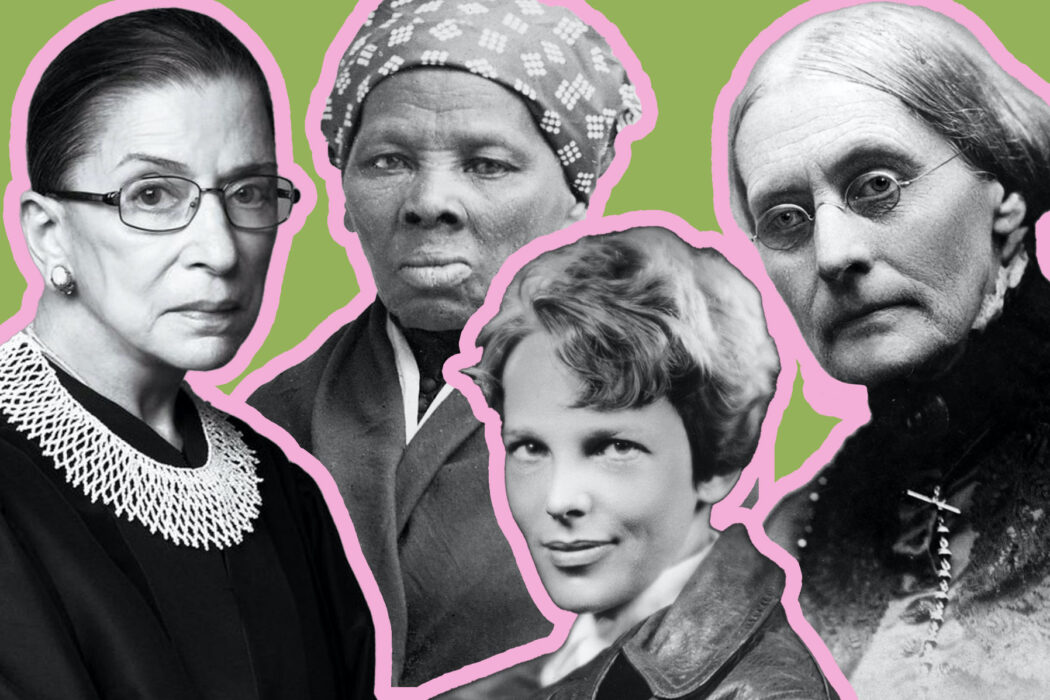Celebrating powerful women in history
Women’s History Month is a nationally recognized holiday that celebrates and honors the struggles and achievements of women throughout the history of the U.S.
According to womenshistory.org, Women’s History Month began as a local celebration in Santa Rosa, California.
The Education Task Force of the Sonoma County Commission on the Status of Women carried out a Women’s History Week celebration in 1978. The task force chose the week of March 8 because it correlated with International Women’s Day.
The following year, other communities followed suit and planned their own Women’s History Week celebrations.
The movement kept spreading and by 1980, a group of women led by the National Women’s History Project petitioned for national recognition.
In 1987, Congress passed a public law officially designating March as Women’s History Month.
Since 1995, each president has issued an annual proclamation declaring March as Women’s History Month.
This year, in president Joe Biden’s proclamation, he recognized the women who fought for equality, opportunity and justice in our nation.
“We also reaffirm our commitment to advancing rights and opportunities for women and girls in the United States and around the world. We are mindful that we are building on the legacy of both recognized trailblazers and unsung heroines who have guided the course of American history and continue to shape its future,” Biden said in the proclamation.
Cassie Dearing, a junior at Utah State University, said Women’s History Month is important because it can help make society mindful there have been other people contributing to its history besides men.
“It’s really important to hear from voices that maybe aren’t always heard, like women,” Dearing said.
She said she likes to learn about women in history who have contributed to the U.S. she never learned about in school or may not be as well-known as other female figures.
One woman she spent time learning about is Rosalind Franklin, who helped contribute to the discovery of the double helix structure of DNA.
“She really inspired me just because she was so smart,” Dearing said. “Even though there was a lot going against her and a lot of people didn’t believe or really acknowledge her, she just cared about the science and furthering that more. So I think that’s really admirable to kind of block everyone else’s voices out and kind of just focus on your own thing.”
Through a text message interview, Mohamud Hamadi, a USU alumnus who graduated in 2021, said he looks up to Harriet Tubman.
“She inspires me because she was a brave woman who helped free slaves in the Underground Railroad so enslaved African American men and women could gain freedom,” Hamadi said.
While it’s important to look at women in the past who have helped pave a future for the U.S., Dearing said modern day women have the power to look at women’s rights and opposition and continue to fight and create change.
“Women are great, and we couldn’t have society without them,” Dearing said.
-Savannah.Burnard@usu.edu
Graphic by Bailey Rigby

